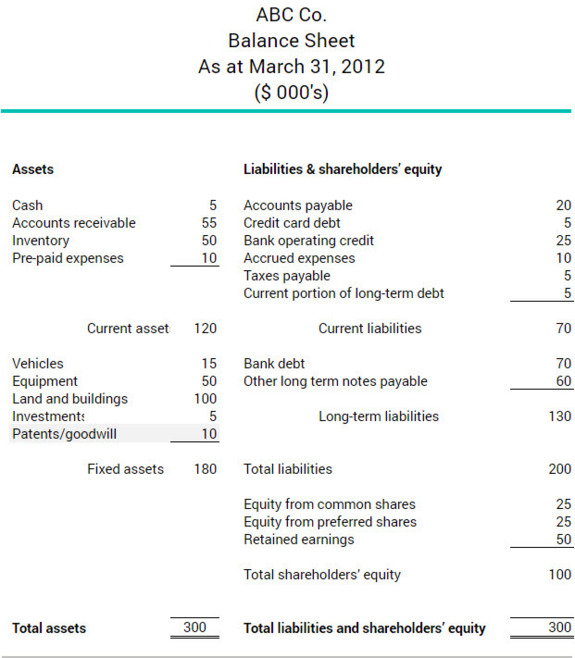Patent
Patent protection applies in the country or region that issues the patent. In Canada, a patent lasts for 20 years from the date that it is filed. Patents can have a great deal of value—they can be sold, licensed or used to attract funding from investors. They are long-term assets that generate value for a company over a number of years.
In Canada, patent registration is managed by the Canadian Intellectual Property Office (CIPO). To be eligible for patent protection, the invention must be:
- New—first in the world
- Useful—functional and operative
- Inventive—showing ingenuity and not be obvious to someone of average skill who works in the field of the invention.
More about patents
A patent can be filed for:
- A product (e.g., door lock)
- A composition (e.g., chemical composition used in lubricants for door locks)
- A machine (e.g., a machine for making door locks)
- A process (e.g., a method for making door locks)
- An improvement on any of these
Most experts agree that inventors should use the services of a registered patent agent to help with the complexities of patent law. In fact, more than 90 percent of patent applications are filed with an agent’s support.
As you can see in this example, patents appear in the balance sheet under the heading patents and goodwill.


Learn more about patents in our detailled article titled How to get a patent.
